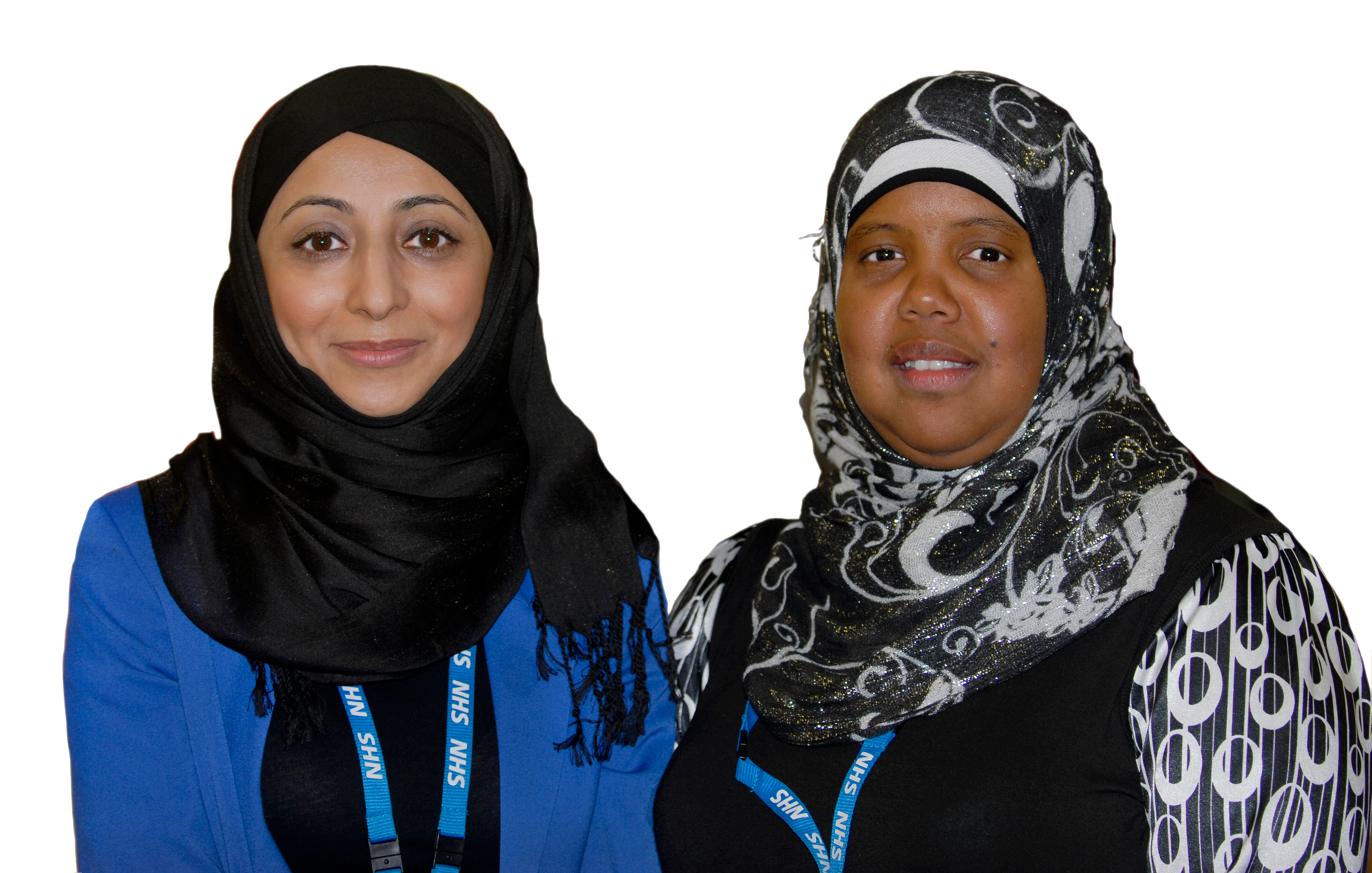
Introduction
Our CEO, Caroline Donovan joined us in 2019 and with a new executive team, has led the development of an ambitious Trust strategy.
Our Trust Strategy sets out our objectives and improvement priorities until 2026. This is supported by a comprehensive suite of enabling strategies.
It takes into account the ongoing impact of the Covid-19 pandemic; changes to the local health and social care system structures; increased demand and an ageing population; a move away from competition to collaboration; a greater focus on reducing health inequalities; and providing tailored, local support to improve population health and health outcomes.

We will remove traditional organisational, service and sector boundaries, to make sure that the needs of the individual, whether physical or mental, take priority.
We have listened to service users and carers, staff and system partners and our strategy will ensure our readiness to become the system leader for mental health, learning disability and autism pathways across Lancashire and South Cumbria.
We will continue to deepen our knowledge and understanding our different communities, locality population health needs and the contribution our partners can make. We will ensure the services needed are provided as close to home as practical.
We also support and empower our staff to achieve their full potential and deliver the best care in a timely, safe, clinically effective and efficient way.
About us
Lancashire Care NHS Trust was established in April 2002 as a mental health and learning disability provider. In June, 2011 the Trust incorporated a range of community health and wellbeing services from neighbouring provider organisations and in October 2019, assumed responsibility for mental health and learning disabilities services in South Cumbria to become Lancashire & South Cumbria NHS Foundation Trust (LSCft).
LSCft now provides comprehensive mental health, learning disabilities, autism and community services across Lancashire and South Cumbria – a population of more than 1.8m people in both rural and urban communities, and from a range of diverse backgrounds.
We aim to match the communities’ needs with high quality, safe, locally sensitive and efficient services. We do this from over 400 sites.

We employ around 7,000 staff and our annual turnover exceeds £378 million.
Our specialist provision includes inpatient child and adolescent mental health services, perinatal mental health and forensic services including low and medium secure care.
We also provide a range of physical health and wellbeing services in the community alongside a range of partners in the Lancashire and Sefton area.
- The overall non-white population In Lancashire is 7.5%, which was around 148,000 people, out of a total of 2,000,000
- The non-white population varies significantly. ranging from 1.4% In the north of the region to 30.8% in the south.
- Blackburn with Darwen have the highest percentage and headcount of non-white people at 30.8% 145,4110) and the highest number of Asian people (41,500).
- Preston has the highest number of black people (1600), followed by Blackbum with Darwen (933).
Our Trust Board

Our Strategic Objectives

Our Vision
To support our local communities by excelling in everything we do, together
Together our staff, service users, carers and partners will experience a culture of compassion and inclusivity, making LSCFT a place where we can all thrive and feel proud. Our values and behaviours are the principles that guide all that we do very day.
Our Quality Priorities

Our Values

We are kind
We are respectful
We are always learning
We are a team
Equality, Diversity and Inclusion
We want to ensure that the whole LCSft family – staff, service users and carers – are always treated equitably and with dignity and respect.
We want every individual at LSCft to be comfortable in themselves and confident in their identity.
We want to show that everyone can thrive and succeed in our Trust, and that their prospects will be determined by their ambition, experience, and talent. A person’s age, disability, ethnicity, gender, or sexual orientation must never be a bar to inclusion or progression at LSCft.
We have a range of active staff networks that play an important role in fostering a culture of inclusion, and an environment in which everyone feels safe, and can look out for one another.


We’re working hard to ensure the workforce reflects the diversity within Lancashire and South Cumbria that services meet the needs of all diverse service users and carers. Our staff networks support this including:
- Racial Equality Staff Network
- Disability Network
- LGBTQ+ Network
- Women’s Network
The networks engage staff across the Trust to provide support and to bolster a shared sense of belonging among our people.
They also advocate for their members and the many opportunities in place to influence the design and delivery of our organisational strategy and policies which can then help improve staff experience, engagement and satisfaction.
Our Inclusion Council was set up in 2020, chaired by our Chief Executive, bringing together those staff networks. The experiences of our staff have been highlighted throughout the year in our communications, through webinars and by sharing more case studies wherever possible and they have proved to be a powerful way of uncovering areas where we want to improve.
Service User and Carer Involvement
Services users and carers are at the heart of everything we do and involving them in the delivery of our services is essential for us to deliver truly person centred care.
Our Service User and Carer Councils, at both Trust and each network level, have strengthened the voice of service users from across Lancashire and South Cumbria, giving us a better understanding of their needs to inform service development and delivery and making sure we are continually learning from their feedback.

Education and Research

We want to make sure that our patients and services benefit from continued participation in research and that we make that research clinically relevant to our populations.
Though our research strategy we want to develop a research culture that improves the health and wellbeing of our service users through access to the latest innovative and novel research interventions.
We will also be developing and sustaining an empowered workforce with the skills to deliver cutting edge research. This includes new clinical academic posts with universities from a number of disciplines and specialities, and current staff gaining honorary positions with universities, to cement those research links.
Listening to our staff
At the heart of our strategy is our commitment to providing an inclusive and developmental climate in which our staff can thrive. Our aim is to support:
- Compassionate leadership – the interaction between leaders and their team; support and wellbeing is a central principle
- Inclusive leadership – a diverse leadership representative of the workforce and communities we serve and where everyone regardless of role is seen as a valued contributor and are fully responsible for their contribution to success
- Staff engagement – creating an environment of trust, where all staff are empowered to drive improvement, thrive and operate at their best.
We have invested in a partnership with the King’s Fund to develop and support our leaders to enable our new networks to deliver our vision for integrated services, delivered locally.
We recognise that as well as listening to our service users, it is also important that we listen to our staff and involve them when we try to identify where improvements could and should be made. Our Listening into Action philosophy supports listening and taking action through staff led change programmes. This approach has enabled rapid and focused change making a difference to the working lives of our staff and lives of service users and carers.
Listening into Action complements other important projects taking place at the trust, including our Quality Improvement Programme.



